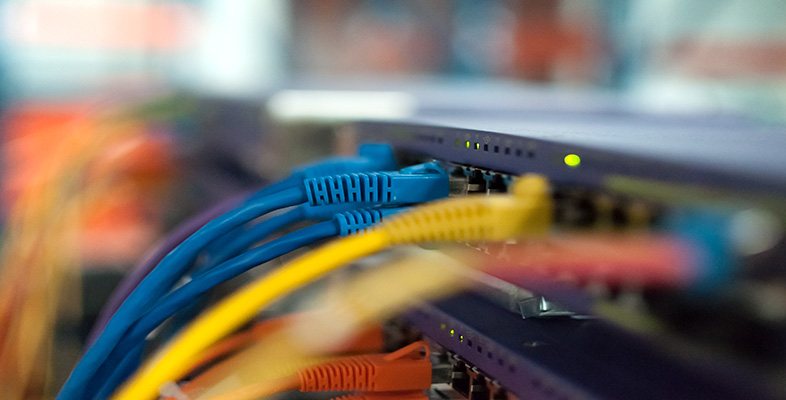8.3 Issues and concerns about RFID
As you've seen, RFID tags can be very small devices – certainly small enough to be inserted unobtrusively under the skin or thin enough to be incorporated into a paper label. Their size (both current and potential), coupled with the expected drop in the cost of RFID tags, means that the technology is likely to find its way into many aspects of our lives. You don't have to search far on the Web to find ideas of how RFID tags might be used in the future. We used a Google search and entered the name of a selection of common objects, followed by 'RFID' and in almost all cases we found something relevant. Here are the objects we tried: clothes; washing machine; fridge; car; wristwatch. Here are examples of some of the applications we found:
-
washing machines that read an RFID tag embedded in clothes and adjust the wash cycle to suit the fabric;
-
fridges that read RFID tags on food packaging and alert you when the 'use by' date is reached;
-
wristwatches that incorporate a miniature RFID reader and display tag information on a tiny screen.
It's easy to see how the technology can increase the potential for networked living. If you connect strategically placed readers into a smart home network you have the potential to track anything anywhere – including people.
People can be tracked by what they wear and carry and this raises a number of privacy concerns. Some of these concerns relate to the use of RFID tags in the retail supply chain and how we might be tracked by the tags on goods we purchase – tracked not only within the store but outside too. Tags that aren't removed at the point of sale (whether because they are embedded in a product or because they simply aren't removed at the check-out) have the potential to continue to release information about the product they are associated with. Imagine someone sitting next to you on the train being able to identify the entire contents of your bag and pockets – and all without your knowledge!
You will also have seen from my comment in Activity 33 how RFID tags can be used to police particular activities like driving a car. The potential to embed RFID tags into passports and driving licences is seen by many people as a further erosion of personal liberties.
We've already mentioned that clubbers have used subcutaneous (meaning 'under the skin') RFID tags. There are proposals to tag hospital patients in the same way with a unique ID that can be linked to a database containing details of things like blood type, drugs to be administered, dietary requirements, etc. This raises issues about security: could someone maliciously alter the data with disastrous consequences (such as the administration of a fatal dose of medicine)?
